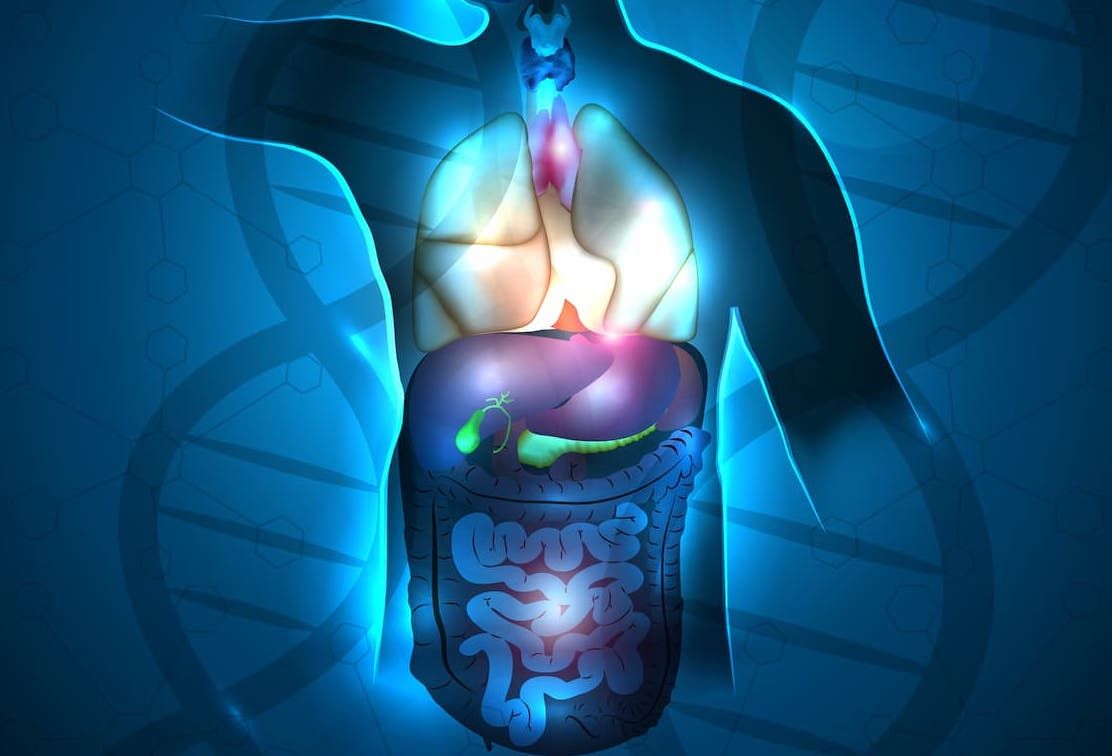PD-L1 CDx Earns FDA Approval to Identify PD-L1+ Gastric/GEJ Tumors
Approval of PD-L1 IHC 22C3 pharmDx may also identify patients with non–small cell lung cancer and other malignancies who may benefit from treatment with pembrolizumab.
The FDA originally approved pembrolizumab plus trastuzumab and chemotherapy for patients with advanced or metastatic HER2-positive gastric or GEJ adenocarcinoma in May 2021.

The FDA has granted approval to PD-L1 IHC 22C3 pharmDx as a companion diagnostic to determine which patients with gastric or gastroesophageal junction (GEJ) adenocarcinoma are eligibile for recipt of pembrolizumab (Keytruda), according to a press release from Agilent.1
According to the press release, PD-L1 IHC 22C3 pharmDx is the only companion diagnostic to receive FDA approval for identifying patients with gastric or GEJ adenocarcinoma who may benefit from select treatments such as pembrolizumab, chemotherapy, trastuzumab (Herceptin), and fluoropyrimidine. Additionally, it is believed that the companion diagnostic may help spotlight those with non–small cell lung cancer, esophageal squamous cell carcinoma, cervical cancer, head and neck squamous cell carcinoma, and triple-negative breast cancer who could be eligible for treatment with pembrolizumab.
“PD-L1 expression is a critical biomarker for response to anti–PD-1 therapies such as [pembrolizumab],” Lou Welebob, vice president and general manager of Agilent’s Pathology Division, said in the press release.1 “This endorsement underscores Agilent’s leadership in the development of companion diagnostics for groundbreaking anti-PD-1 therapies.”
The FDA originally approved pembrolizumab plus trastuzumab and chemotherapy for patients with advanced or metastatic HER2-positive gastric or GEJ adenocarcinoma in May 2021.2 The regimen was granted accelerated approval status based on data from the phase 3 KEYNOTE-811 trial (NCT03615326).
Findings published at the time of the approval highlighted an objective response rate (ORR) of 74% (95% CI, 66%-82%) with pembrolizumab plus chemotherapy vs 52% (95% CI, 43%-61%) with chemotherapy alone. The median duration of response (DOR) in the experimental and control arms, respectively, was 10.6 months (range, 1.1+ to 16.5+) vs 9.5 months (range, 1.4+ to 15.4+).
The FDA updated the indication for frontline pembrolizumab in HER2-positive gastric or GEJ adenocarcinoma in November 2023.3 Only patients with a PD-L1 combined positive score (CPS) of 1 or higher as confirmed by an FDA-approved test were able to receive pembrolizumab in combination with trastuzumab and chemotherapy following the indication’s revision. The regulatory agency made no changes to the regimen’s accelerated approval status.
In the KEYNOTE-811 trial, patients were randomly assigned to receive 200 mg of pembrolizumab intravenously or matched placebo on day 1 of each 3-week cycle. All patients also received trastuzumab at 8 mg/kg as a loading dose and at 6 mg/kg as maintenance thereafter plus chemotherapy.
The trial’s primary end points were progression-free survival as evaluated by blinded independent central review based on RECIST v1.1 criteria and overall survival. ORR, DOR, adverse effects (AEs), and treatment discontinuation following AEs were secondary end points.
Patients 18 years and older with histologically or cytologically confirmed previously untreated, locally advanced unresectable or metastatic HER2-positive gastric or GEJ adenocarcinoma and measurable disease according to RECIST v1.1 guidelines were able to enroll on the study. Additional eligibility criteria included adequate organ function, a life expectancy of more than 6 months, and an ECOG performance status no higher than 1.
References
- Agilent receives FDA approval for PD-L1 IHC 22C3 pharmDx in gastric or gastroesophageal junction (GEJ) adenocarcinoma. News release. Agilent. November 14, 2023. Accessed November 15, 2023. https://shorturl.at/ctzS2
- FDA approves Merck’s KEYTRUDA® (pembrolizumab) combined with trastuzumab and chemotherapy as first-line treatment in locally advanced unresectable or metastatic HER2-positive gastric or gastroesophageal junction adenocarcinoma. News release. Merck. May 5, 2021. Accessed November 15, 2023. https://shorturl.at/dgAFT
- FDA amends pembrolizumab’s gastric cancer indication. News release. FDA. November 7, 2023. Accessed November 15, 2023. https://shorturl.at/btEH7